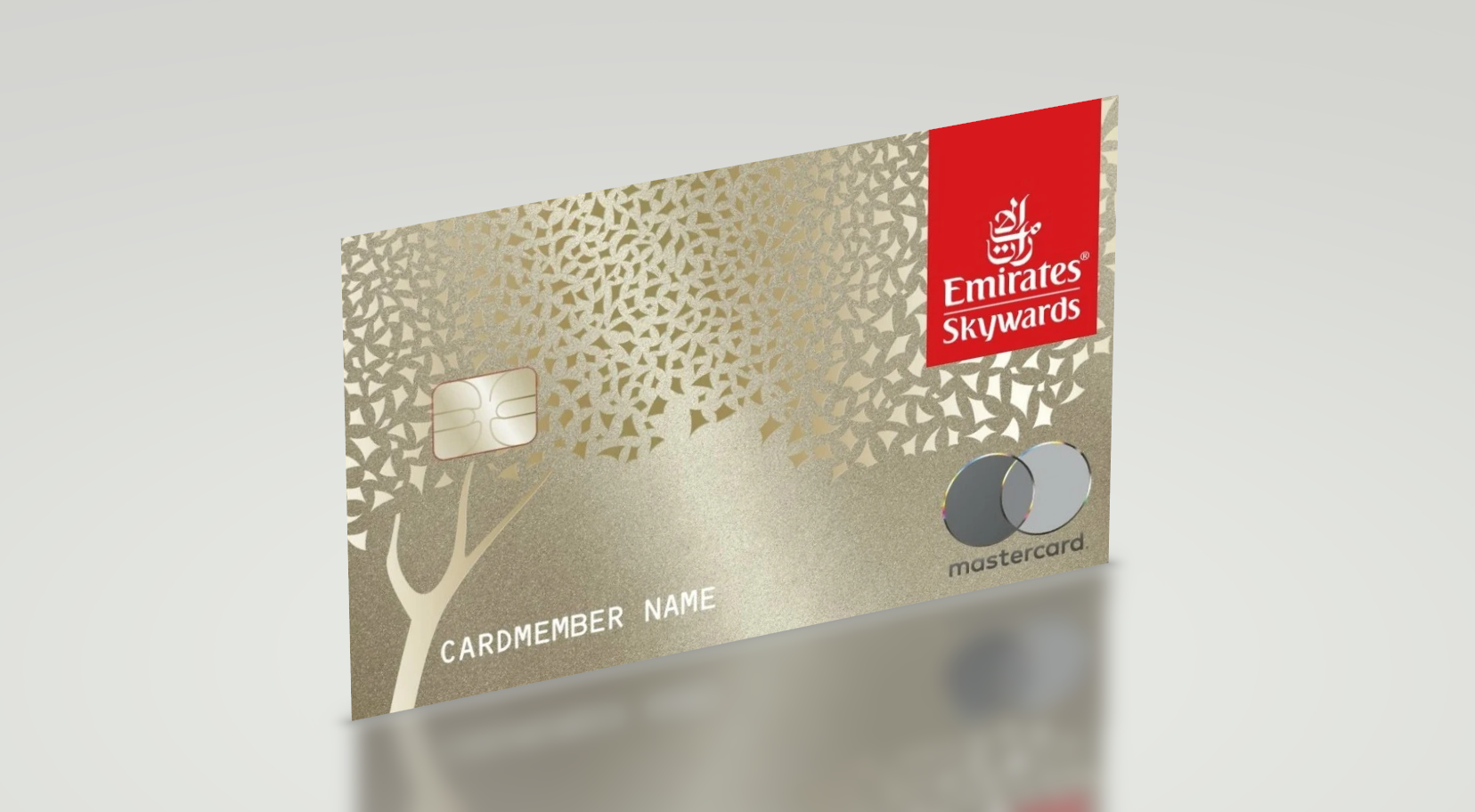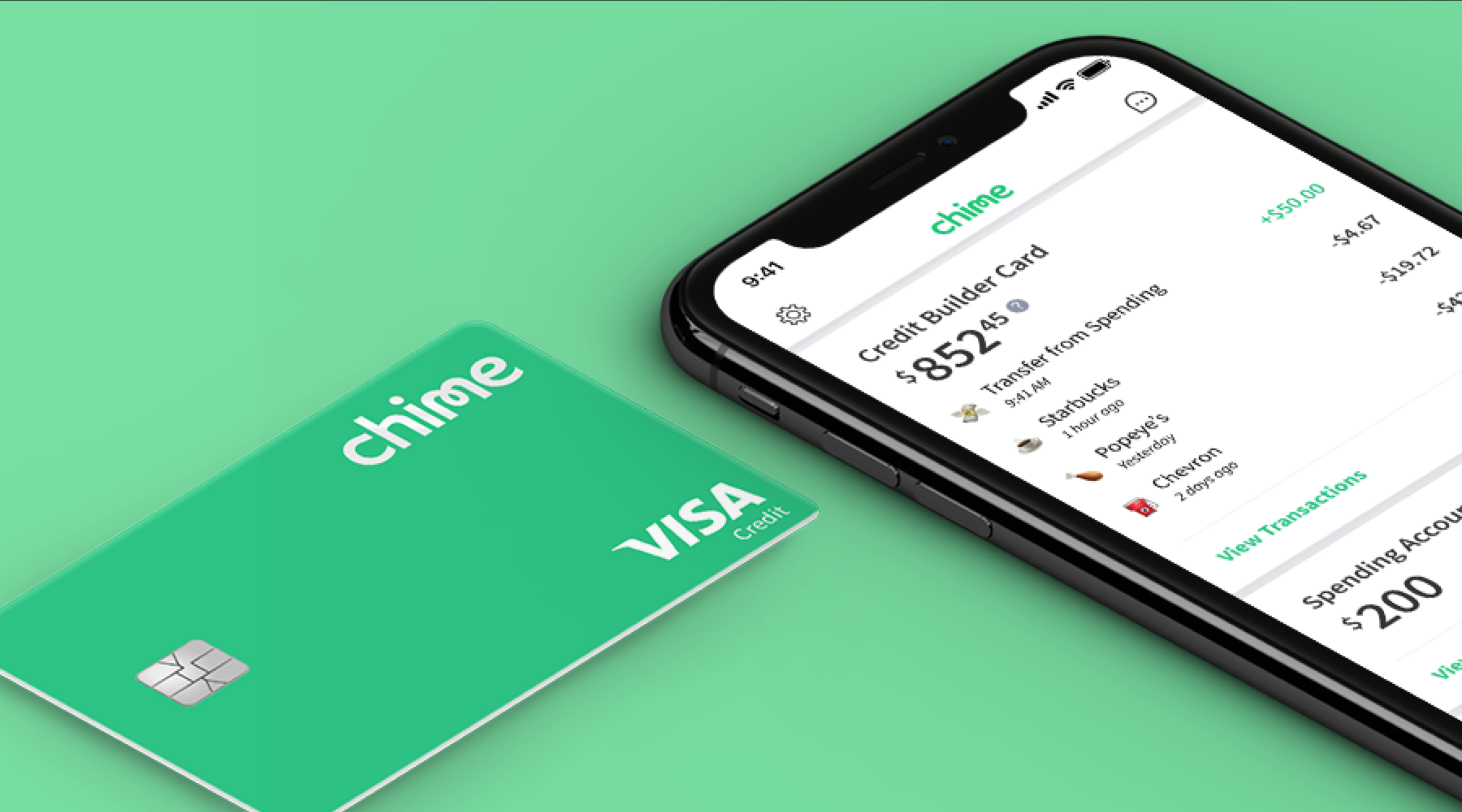Effective Strategies for Managing Credit Card Debt

Taking Control of Your Financial Future
Every day, countless Americans grapple with the daunting weight of credit card debt, often feeling trapped in a cycle that seems inescapable. Yet, the reality is that reclaiming your financial independence is not only achievable but incredibly empowering. With the right strategies and determination, you can overcome your debt and embrace a life filled with peace of mind and financial freedom.
Recognizing the need for a proactive approach can ignite a positive change in your financial journey. Follow these essential steps, which serve as the foundation to transform your financial landscape:
- Assess Your Situation: Begin by gathering your credit card statements and taking a comprehensive look at your outstanding balances. Understanding exactly how much you owe is the first step toward proactive management. For example, if you have multiple cards with various balances, listing them can clarify your financial picture and make the process of addressing them more manageable.
- Create a Budget: Next, outline your monthly income along with your expenses to develop a realistic budget. Track your spending habits for a month to identify areas where you can cut back. This might mean dining out less often, forgoing subscription services, or finding cheaper alternatives for your daily expenses. By reallocating those funds toward debt repayment, you’ll be taking active steps to reduce your debt more quickly.
- Prioritize Payments: It’s crucial to focus on paying off credit cards that carry high interest rates first. By tackling these debts, you can significantly reduce the total amount of interest paid over time. For instance, if you have one card with a 20% interest rate and another at 10%, prioritize the higher interest card to maximize your savings.
While these steps may appear challenging initially, remember that establishing a solid plan is vital for long-term success. It’s essential to persist in creating sustainable changes, even when they seem small. Each positive adjustment moves you closer to financial stability and freedom, ultimately leading to improved mental well-being and enhanced confidence in your financial decisions.
Now is the time to transform stress into strength. With determination and the aforementioned strategies at your disposal, you have the tools necessary to reshape your financial future. As you embark on this journey, keep in mind that every step you take gets you closer to achieving the dream of being debt-free and secure.
IMPORTANT: Click here to learn how to safeguard your financial information
Understanding Your Financial Landscape
When it comes to managing credit card debt, the first step is all about gaining clarity. Instead of feeling overwhelmed by monthly statements, take a moment to familiarize yourself with your financial landscape. This is a crucial aspect of taking control; it’s about knowing where you stand and building your path to freedom from debt.
Start by creating a detailed overview of all your credit cards. List each card along with its current balance, interest rate, and minimum monthly payment. This exercise will not only highlight the total amount you owe but also pinpoint which debts are costing you the most due to high interest rates. Seeing this information laid out can often serve as a wake-up call, motivating you to take action.
Utilize tools and apps for debt management. In this digital age, numerous apps and websites can help you track your expenses and manage your payments. For example, budgeting tools like Mint or YNAB (You Need A Budget) can help you visualize your spending habits, making it easier to identify unnecessary expenditures. This knowledge empowers you to make informed decisions—decisions that channel your resources towards paying down your debt faster.
Once you’ve assessed your situation, you can transform this overwhelming task into a series of manageable goals. Below are some effective strategies that can help guide your process:
- Create a Debt Repayment Plan: Choose either the snowball or avalanche method. The snowball method encourages you to pay off smaller balances first, gaining momentum and confidence as each is eliminated. Alternatively, the avalanche method focuses on paying off higher-interest debts first, which could save you money long-term. Deciding on the right approach for you is essential in maintaining motivation.
- Negotiate with Creditors: Don’t hesitate to reach out to your credit card companies. Sometimes, they may offer lower interest rates or suggest more manageable payment plans. Exploring these options can provide significant relief, especially if you’re struggling to keep up with payments.
- Seek Professional Help: If your debt feels insurmountable, consider speaking with a financial counselor. Non-profit credit counseling agencies can offer guidance, resources, and even negotiate with creditors on your behalf. They can equip you with valuable financial education and help you craft a debt management plan tailored to your specific needs.
- Change Spending Habits: It’s vital to evaluate your relationship with money. Moving forward, commit to using your credit cards responsibly, only charging what you can afford to pay off each month. As you consciously adjust your spending habits, you’ll create a more stable financial foundation, enabling you to avoid falling back into debt.
Taking control of your credit card debt is not merely about numbers; it’s about restoring peace and security in your life. As you implement these strategies, approach each step with a positive mindset, celebrating small victories along the way. By gradually dismantling your debt, you will pave the way toward a brighter and more financially secure future.
DISCOVER MORE: Click here to learn how to apply
Building a Solid Financial Future
As you embark on your journey to manage and overcome credit card debt, it’s essential to recognize how the strategies you implement today can lead to a more secure financial future. The power to assert control over your finances lies within you, and with determination and persistence, you can reshape your financial landscape.
Evaluate and Adjust Your Budget Regularly. Creating a budget is just the beginning; you must revisit it regularly to ensure it aligns with your current financial situation and goals. Life circumstances change—whether it’s an unexpected expense, a new job, or a shift in spending habits. Regularly evaluating your budget allows you to stay agile and make necessary adjustments. Set aside time each month to review your income, expenses, and progress toward your debt repayment goals. This approach helps you stay focused and committed to your financial plan.
Consider Debt Consolidation. If managing multiple credit card payments feels overwhelming, debt consolidation could be the answer. This involves consolidating high-interest debts into a single loan, often with a lower interest rate. Personal loans or balance transfer credit cards can help you streamline your payments, making it easier to pay off debts. However, ensure you understand the terms, fees, and potential impact on your credit score. Debt consolidation can be a powerful tool in your journey to a debt-free life if handled wisely.
Set Up Automatic Payments. Life can get busy, and it’s easy to miss a credit card payment, which may lead to late fees or even higher interest rates. Automating your payments can help you maintain consistency and avoid these pitfalls. Set up automatic payments for at least the minimum due to ensure your bills are paid on time. Whenever possible, aim to pay more than the minimum to reduce your balance faster. This small adjustment can yield significant benefits in the long run.
Build an Emergency Fund. It may seem counterintuitive to save while in debt, but establishing an emergency fund is crucial for long-term financial stability. An emergency fund provides a safety net for unexpected expenses—like medical bills or car repairs—preventing you from relying on credit cards and accumulating more debt. Aim to save at least three to six months’ worth of essential expenses to give yourself peace of mind as you navigate your financial journey.
Seek Support from Online Communities. The support of others can be invaluable when tackling debt. Engage with like-minded individuals through forums or social media groups focused on debt management. Sharing experiences, tips, and encouragement can help you stay motivated and accountable. Surrounding yourself with a frugal mindset fosters resilience and can even spark new cost-saving ideas that align with your financial goals.
Remember, managing credit card debt requires patience and perseverance. Celebrate every milestone—no matter how small—as these victories contribute to your overall financial health. By implementing these strategies, you strengthen not only your capacity to manage debt but also the foundation for a brighter financial future, one where freedom from debt empowers you to pursue your dreams.
DIVE DEEPER: Click here to uncover more insights
Moving Forward with Confidence
As we conclude this exploration of effective strategies for managing credit card debt, it is important to remember that the journey to financial stability is not a sprint but a marathon. Armed with the insights shared, you hold the key to transforming your financial health. By committing to regular budgeting, exploring debt consolidation options, and establishing automatic payments, you set a strong foundation for overcoming debt. Each of these strategies plays a vital role in reducing financial stress and allowing you to regain control over your finances.
Furthermore, as you work towards financial freedom, building an emergency fund serves as a protective barrier against unforeseen circumstances, which can be critical in maintaining a debt-free lifestyle. Engaging with supportive communities can provide encouragement and accountability during challenging times, reminding you that you are not alone on this path.
Importantly, celebrate your progress—no matter how small. Each payment made and every dollar saved is a step closer to the life you envision. With discipline and focus, you can not only manage your credit card debt effectively but also cultivate a financial future filled with opportunity and freedom. Remember, your journey is unique, and with determination, you can emerge from debt’s shadow to a brighter, more secure financial horizon.


